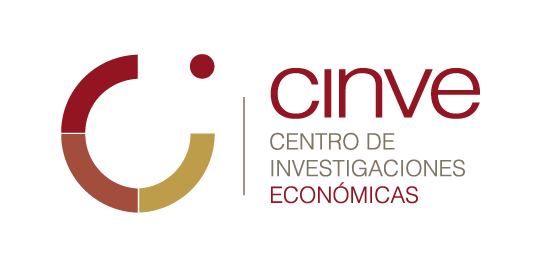During 2002 the Uruguayan economy endured a run of bank deposits
which reduced the stock at the beginning of the year by almost half, and a public debt crisis
which resulted in a country risk growth of 200 basis points to more than 2,000 a
end of the year From a review of the literature on the relationship between crises
Banking and sovereign debt, this paper investigates, on daily data
for the year 2002, the causality between the aforementioned variables. At work you
concludes that there is a two-way causality in the sense of Granger among
deposits and the Uruguayan country risk.
On the other hand, the international rating agencies made successive downgrades
of the Uruguayan sovereign debt in 2002. The work also analyzes the extent to which
these episodes affected the price of public securities and deposit withdrawals
in the banking system. For these purposes, different explanatory models of
the objective variables and anomalous values are investigated, relating them to
episodes mentioned above. The results are robust with respect to the different
modeling strategies and indicate that only the actions of one of the
rating agencies influence the price of Uruguayan debt securities (in the
daily evolution), and that only has a marginal effect on non-resident deposits
in foreign currency. In addition certain events are located in 2002 that
they had an important impact on both country risk and deposits
(residents, non-residents and total).
